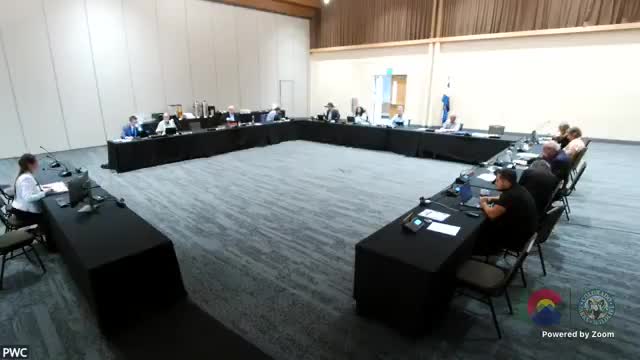Article not found
This article is no longer available. But don't worry—we've gathered other articles that discuss the same topic.
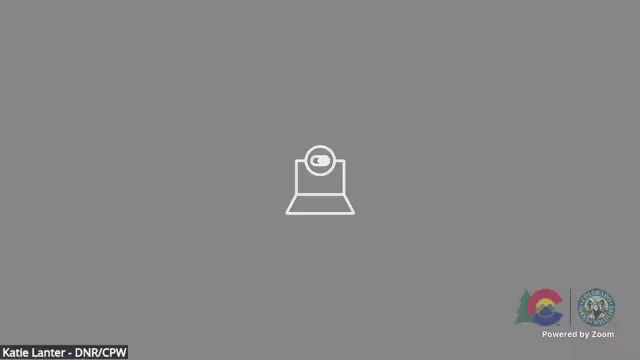
Public commenters press commission on wolf reintroduction, depredation response and wildlife policy
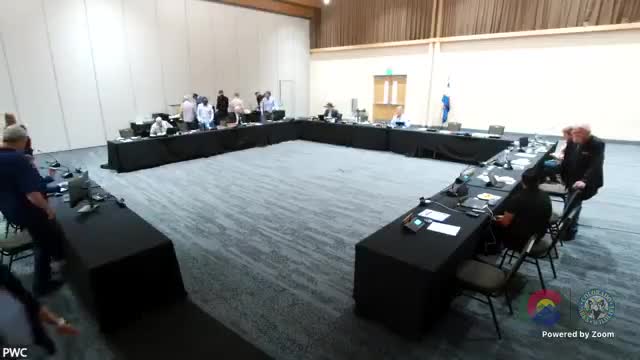
GOCO updates commission on grants, director's innovation fund and West Region projects
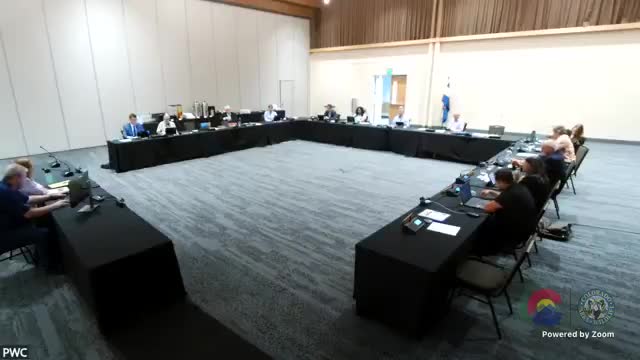
Commission reviews streamlined 2026 meeting schedule, proposes six meetings beginning in January
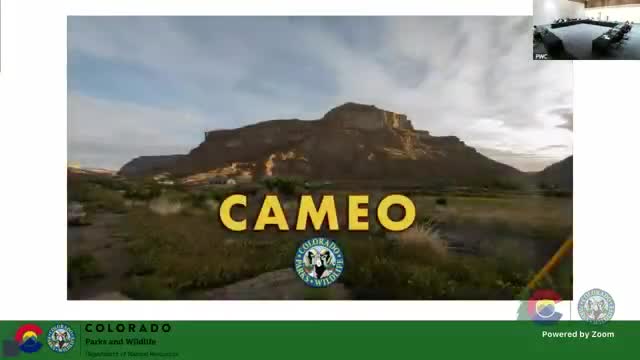
Cameo Shooting and Education Complex highlights visitor growth, education programs and a phased expansion plan

Commission approves $357,000 in snowmobile program grants and recommends fee increase implementation
